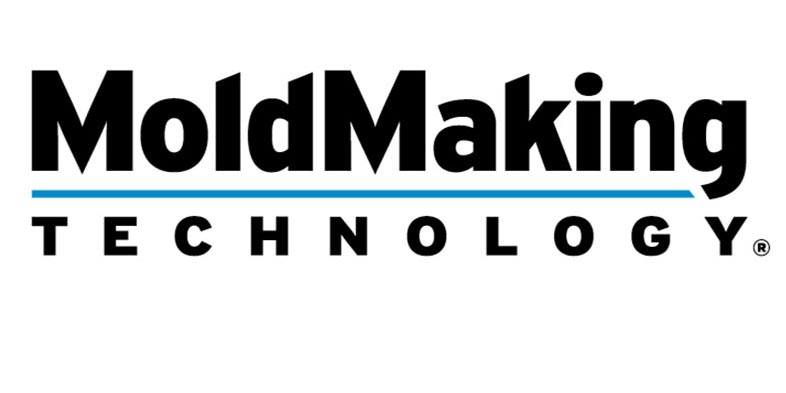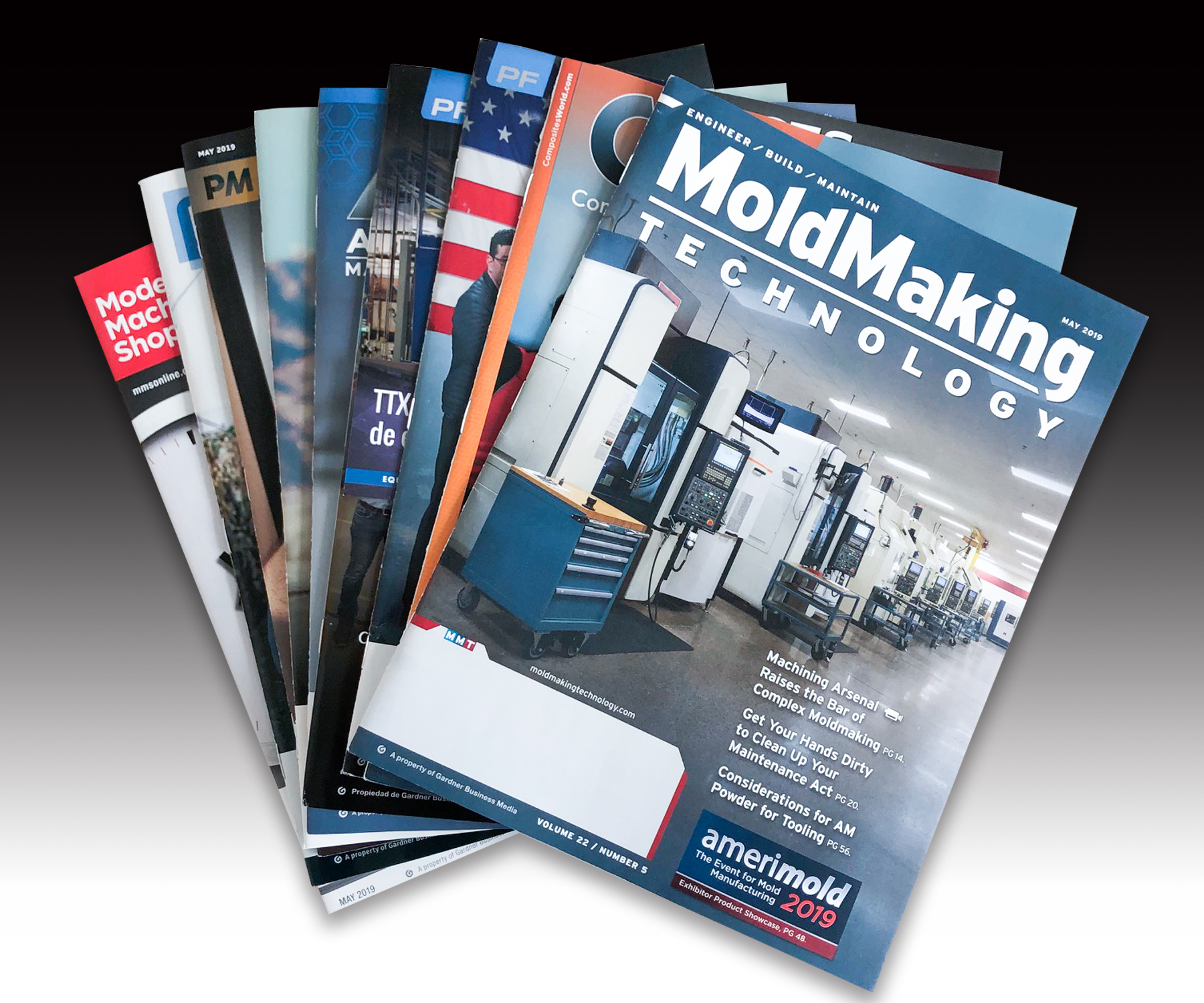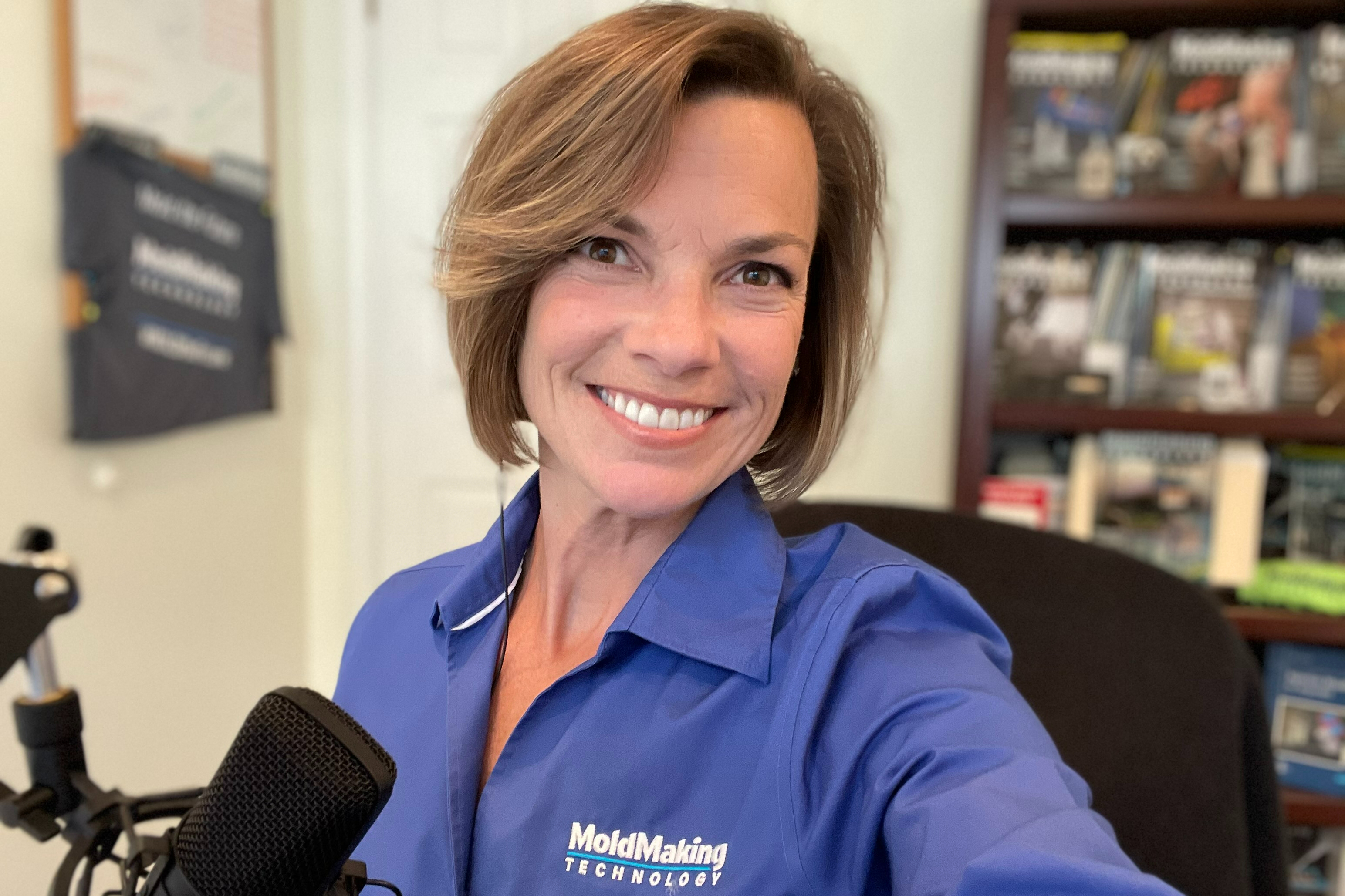Fred Steil: SPE's 2004 Moldmaker of the Year
Accolades abound from the Society of Plastics Engineers for this industry veteran who has spent his life giving back to the industry.
As manager of the mechanical engineering department for D-M-E Company (Madison Heights, MI)—a manufacturer of mold bases, mold components and hot runner systems—Fred Steil was pleasantly surprised to receive the 2004 Moldmaker of the Year award from SPE's Moldmaking and Mold Design Division. He had nominated someone else—a testament to his humble spirit and unwavering dedication as an advocate of the moldmaking industry who pioneered the development of a number of products and components.
"They were very kind," Steil comments of his SPE peers' decision. "Normally, they don't take former members of the board and make them Moldmaker of the Year, but for whatever reason they chose me." The reasons are aplenty: Steil is on the Board of Directors of the Moldmaking and Mold Design Division of SPE; was the former chairman of the Moldmaking and Mold Design Committee; and, has served as a member of the Education Committee for the Detroit section of SPE. He belongs to the Society of Manufacturing Engineers (SME) and currently chairs SME's Plastics Tooling and Moldmaking Committee. As if that doesn't keep him busy enough, Steil is also involved in education, sitting on the Board of Industrial Advisors for the New Jersey Institute of Technology (NJIT).
Combining Books and Hands-On
Born and raised in New Jersey, Steil spent years perfecting his craft, both in the classroom and on the shop floor. His first exposure to the industry was through his father, who worked as a toolmaker. After Steil completed a year of college at the University of Missouri School of Mines, he asked his father for money to continue school. "My father replied, ÔWell son, you know I'm retired now,' because he was a lot older than I was, and then he gave me his toolbox. He said, ÔIt got me through life, it'll get you through school.' So, I looked in the newspaper and found a toolmaking apprentice job, which happened to be at a moldmaking company, Plastic Mold Engineering Company in Livingston, NJ. They're not in business anymore. I went there and I started my apprenticeship."
At the same time, Steil began attending night school at the Newark College of Engineering, which is now NJIT. "They had an evening program called Plastics Technology, which was excellent," he recalls. "It was really geared toward people who came out of the service after the war to introduce them to the plastics industry; included in that was mold design and plastics processing information. I graduated from that program with a Plastics Technology Certificate after three years."
Upon completion of his night courses and his apprenticeship, Steil decided to switch his focus from moldmaking to mold design. "I was hired by a company called Magnus Organ Company (Rahway, NJ)—a manufacturer of musical instruments—to do mold design. At the same time, the company decided to build a plastics molding plant and asked me if I wanted to be in charge of the plant's construction, which would come to include a mold repair shop. I spent three years doing that."
While the new plant was being built, Steil piloted what Magnus Organ called a roll on wood grain process. "We applied a wood-grained appearance onto the outside surface of plastic organ cabinets, using time, heat and pressure," Steil explains. "We also worked on the molding process for the reeds that made the musical sound, which were molded as well. The reeds were actually molded out of tune. After they normalized or stress relieved themselves for several days, they gradually came into tune. We bought machines from a Munich, Germany-based company called Krauss Maffei Corporation. Since I speak German, I got to know them well, and when Magnus Organ started to go under, Krauss Maffei asked me to join them. So, I then I became a sales engineer for Krauss Maffei in Hackensack, NJ."
It didn't take long for Steil to realize that the European machine market wasn't doing well in the United States. "Still, the European machine manufacturers had an advantage over the American machine manufacturers in that they were very good at injection molding of thermosets," he says. "So, I started selling the Krauss Maffei machine to people who were interested in molding thermoset materials in the U.S. It became very successful, and it led me to being hired as plant manager at Shaw Plastics (Berkeley Heights, NJ). They had bought some of these presses and they ran thermosets, so I was actively involved in moldmaking and design as well as the processing of thermoset equipment and molds."
After about 10 years in Berkeley Heights, Steil had the opportunity to become one of the principals of Empire Enterprises (Bound Brook, NJ)—an injection molding house specializing in unscrewing molds and closures. "After spending five years there, I joined D-M-E in 1984. I've been there for 20 years now, starting out in technical service and ending up where I am today—manager of the mechanical engineering department, doing product development engineering."
A Patented Success
At D-M-E, Steil's career continued to flourish along with his quest to further his education. In addition to creating a number of new mold components, he holds patents for a variety of mold components and hot runner systems. And—as he did when he first ventured into the moldmaking industry—Steil attended college at night to finish his education, earning his B.S. in mechanical engineering from NJIT.
Steil has also written articles for several journals on various mold-related topics and recently contributed a chapter on injection molds for thermoplastics in the Manufacturing Engineering Handbook, published by McGraw-Hill (New York, NY). He has been asked by William Andrew, Inc (Norwich, NY) to write a book on hot runner design, which he is still considering.
Steil also sits on a new products strategy committee for SPE. "We are developing new products related to mold components, hot runners systems and high performance tooling that can be introduced and supplied by SPE to add value to SPE's membership. This is the first year, and I find it very interesting." He also is involved in the Society of Plastics Industry's (SPI) mold safety committee, which will soon publish rules and regulations on mold safety. SPI represents the plastics industry in Washington D.C. Steil notes that anyone who builds a mold in the U.S. will ultimately have to adhere to the standards.
Steil's formula for his success over the years is relatively simple. "Just show up every day and work—you'll be way ahead of the competition." And although he may not be doing that on a daily basis when he eventually retires, he still plans on remaining a part of the moldmaking industry. "I do want to have some time to do some things for myself," he notes. "But consulting will definitely be a part of my plan. In 1967, when I graduated from high school, the movie The Graduate with Dustin Hoffman was out. There was a scene where he is told, ÔPlastics young man, it's the future.' And what do you know I went into plastics a year later and stayed with it. It's been a great industry to be in—serving me well. I've always been happy to give something back."
RELATED CONTENT
-
For Better Mold Venting, Start with the Metal
Selecting the right material for specific mold components can help prevent a number of costly issues.
-
Growing AM's Presence in Moldmaking
Advanced Michigan mold manufacturer advocates for additive manufacturing in moldmaking through collaboration and education.
-
Coupler Lends Easy, Reliable Solution to Quick Mold Change
A coupler helps provide a faster, more reliable way to tie positive return ejection into a mold.




.jpg;maxWidth=970;quality=90)




